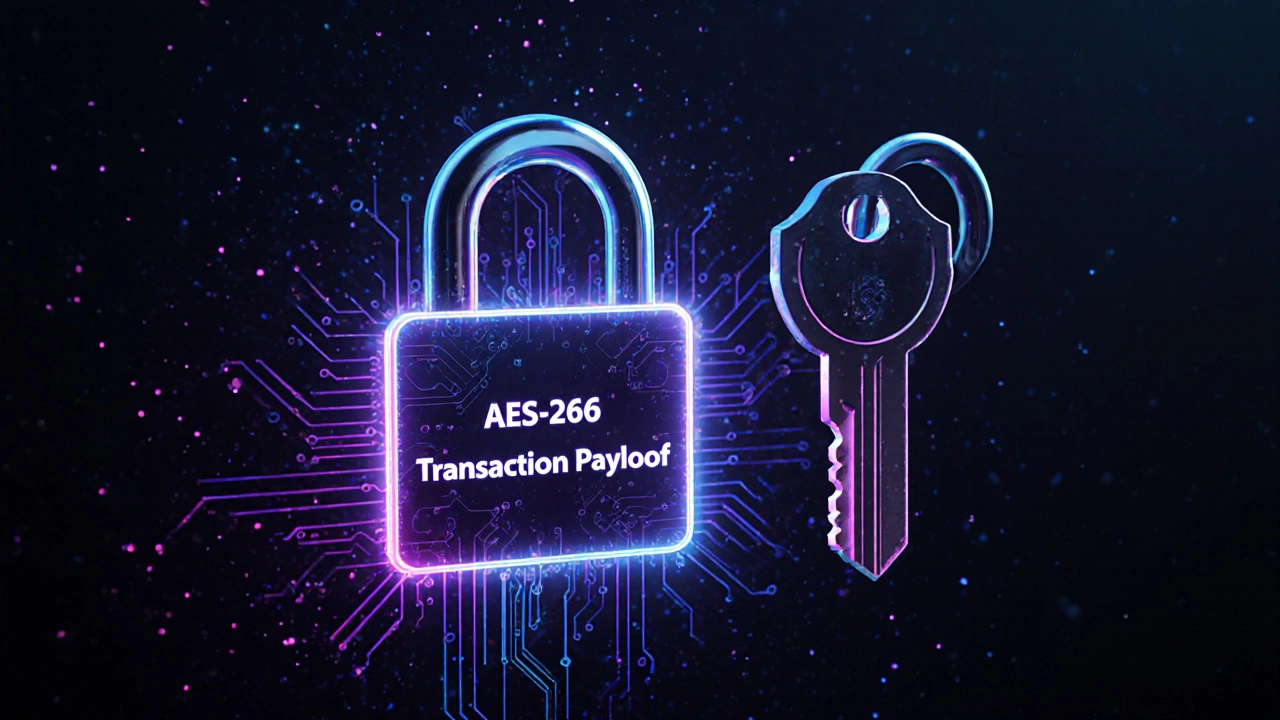AES Energy Drinks: What They Are, How They Work, and What to Watch For
When you see AES, a type of energy drink formulation often marketed for sustained alertness without sugar crashes. Also known as Advanced Energy System, it usually refers to blends designed to deliver steady stimulation using caffeine, B-vitamins, and amino acids like taurine or L-theanine. But here’s the thing—AES isn’t a single brand. It’s a label used across multiple products to suggest smarter, cleaner energy. The problem? No one regulates what "AES" actually means. One brand might load it with 200mg of caffeine and sucralose. Another might use green tea extract and stevia. You can’t tell just by the name.
That’s why you need to look past the marketing. Caffeine, the central stimulant in nearly all energy drinks, including those labeled AES. Also known as 1,3,7-trimethylxanthine, it’s what gives you that initial spike—but without sugar or proper timing, it often leads to a crash, jitteriness, or even a racing heart. Then there’s artificial sweeteners, commonly used in AES-style drinks to keep calories low. Also known as non-nutritive sweeteners, they’re linked to changes in gut bacteria, insulin response, and even cravings in recent studies. And let’s not forget taurine, an amino acid often included in AES blends for endurance support. Also known as 2-aminoethanesulfonic acid, it’s banned in some countries when combined with high caffeine doses because of how it interacts with your nervous system. These aren’t just ingredients—they’re active compounds that affect your sleep, blood pressure, and metabolism, sometimes in ways you won’t notice until it’s too late.
What you’ll find in the posts below isn’t hype. It’s hard facts pulled from real studies and real experiences. You’ll learn which drinks actually deliver clean energy without a crash, why zero-sugar doesn’t mean zero risk, and what happens when your body gets hit with too much caffeine at once. Some of these drinks are marketed as "athlete-friendly" or "health-conscious." But the label doesn’t change the chemistry. Whether you’re swapping coffee for an AES drink, trying to cut sugar, or just need a quick boost, the real question isn’t "Does it work?"—it’s "What’s it doing to you?"
Symmetric encryption keeps blockchain transactions private by using fast, secret-key encryption like AES-256. It works alongside public-key systems to secure data without slowing down the network.

